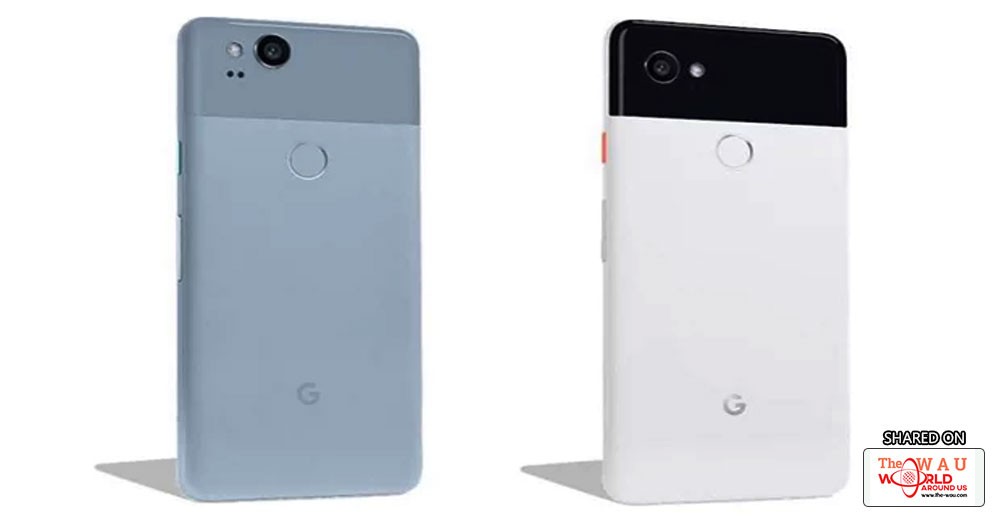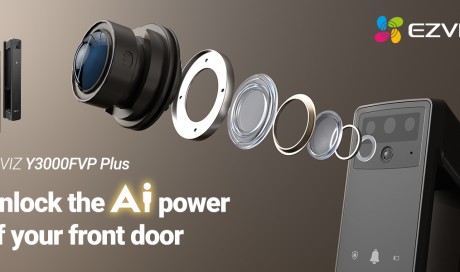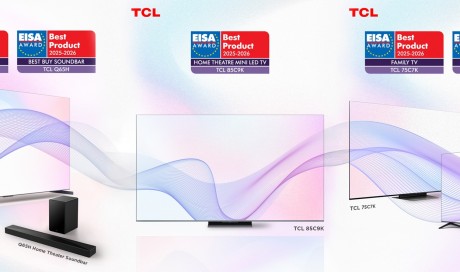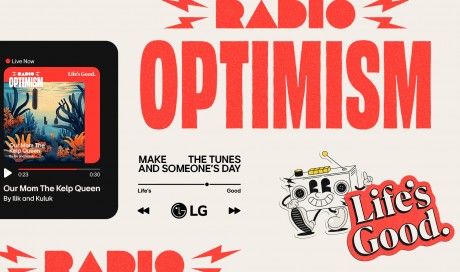With the Pixel 2 smartphones expected to launch on Wednesday, Google buying up a chunk of smartphone manufacturer HTC and claiming to be “betting big on hardware”, what does the Android-maker really need to do to beat Apple?
Google has dabbled with hardware since the first Android smartphone, the T-Mobile G1 in 2008, following up with the Nexus series of smartphones and tablets that were used as showcases for the latest iterations of Android and then last year’s Pixel. But the search company has never been a big hardware player.
Instead, Google has spread its various services far and wide on other companies’ devices. From Android, which is now used on 2bn devices, to the vast payments made to Apple to remain the default search engine on the iPhone, Google’s methods have been extremely successful.
Now it appears Google is no longer content to just put its services on others’ smartphones. It wants to build its own, and in doing so face Apple head on.
To do that Google will have to prove a couple of things. The first is that it can do hardware, which its recent purchase of a chunk of HTC’s business should help with. The second is that it can pull off the one thing other Android smartphone manufacturers have struggled with: differentiation.
“Where Android smartphones have become a homogenous sea of sameness, with all the smartphones looking the same with the same features, Google needs products that really demonstrate the art of the possible for Android,” said Ben Wood, chief of research at CCS Insight. “Pixel gives it the opportunity to do that.”
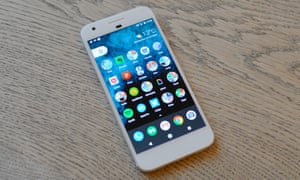
Smartphones might have become increasingly uniform, but the software running on smartphones is still a mixed bag. Some manufacturers choose to customise the standard Android experience and have been slow to update their devices as a result, which has led to delays in rolling out the latest Android – and therefore Google –experiences.
Wood said: “The Achilles heel of Android at the moment is that software updates take forever. Unlike Apple where it controls everything, you’ve got to go through the device manufacturer, and be approved by the network operator, which means it takes ages to get services and experiences out there.”
Google’s Nexus and now Pixel devices have been an antidote those inherent software delays, not only getting the latest feature updates to Android first, but also security updates.
“Only a few years ago, Android was almost radioactive inside businesses, where an IT manager wouldn’t touch it over security issues,” said Wood. “But Android has made great leaps forward with Samsung’s Knox a big part, alongside monthly security updates.”
Beyond updates, Google has the ability to do what other Android manufacturers cannot: make smartphones with hardware and software in unison.
Google’s HDR+ camera system, which uses computational photography to combine multiple underexposed shots into one detail-rich, superior image, is one very clear example of Google’s software prowess. It turned what was regarded as a middling camera into one of the best performers on the market with advanced software and hardware tuning.
Should Google hope to compete on a level playing field with Apple and others, it will need many more similar pieces of unique software magic and to double down on the user experience. But where some features have remained Pixel-exclusive, others such as the Google Assistant have had to spread to other manufacturers’ devices if they are to be used by any meaningful number of people.
Wood said: “Selling phones isn’t really Google’s core business, the value in Android is the fact that it gets into so many people’s hands and acts as a gateway for Google services.”
Even if Google manages to produce the best phone ever, it has a mountain to climb to really compete in terms of raw sales numbers with Apple and, inevitably, Samsung.
“What Google’s achieved to date isn’t really that interesting. It has shipped just 2.8m Pixel smartphones since launch, managing to claim less than a 0.5% chunk of the smartphone market, so it’s a very challenging market,” said Francisco Jeronimo, European mobile devices research director for IDC. “Even if you doubled shipments it wouldn’t even come close to the 80m smartphones Samsung ships a quarter.”
According to Jeronimo, part of Google’s challenge is that it doesn’t have established sales channels, hasn’t launched in that many markets and doesn’t have the same clout with retailers as Samsung or Apple, particularly with an asking price firmly in the high end. But Google does have a brand that resonates, meaning it could easily push out smaller players such as Sony or LG.
Even if Google really starts to try to compete, with the required marketing blitz and drive through stores, it risks upsetting its biggest allies, without which Android’s vast reach could quickly diminish.
Advertisement
“It’s a dangerous game to start competing with your channels. If Google starts aggressively competing with Sony, Samsung, LG and others, it could alienate them and that’s a high-risk game to play,” said Wood.
If Google really is hell bent on producing its own hardware and competing with Apple, perhaps what it’s really doing is following Microsoft’s approach to PC-making but for smartphones, rather than trying to be an outright dominator of the market.
“Laptops had become a disaster. They had become so cost reduced with Dell, HP and others just going to Taiwan and saying ‘what do I get for 300 bucks’ – there was no innovation,” said Wood. “Then Microsoft started doing stuff with the Surface, alongside Intel with the Ultrabook, to prove to laptop-makers what could be done. All of a sudden we started seeing a bit of a revolution in the design of the products.”
Microsoft almost single-handedly cemented the two-in-one Windows PC tablet-laptop hybrid with the Surface line, a category that then proved popular with third-party manufacturers.
Wood says that if the original Pixel is taken at face value, it seems similar to Microsoft’s first Surface tablet attempt; not a device intended to turn Google into the biggest smartphone manufacturer but to reinvigorate the Android smartphone market and increase competitiveness with Apple, especially in the US where the iPhone is particularly dominant.
In doing so the Pixel could also be Google’s stake in the ground. A demonstration of what the best of Google can really do that is as much a statement as a product.
Share This Post

